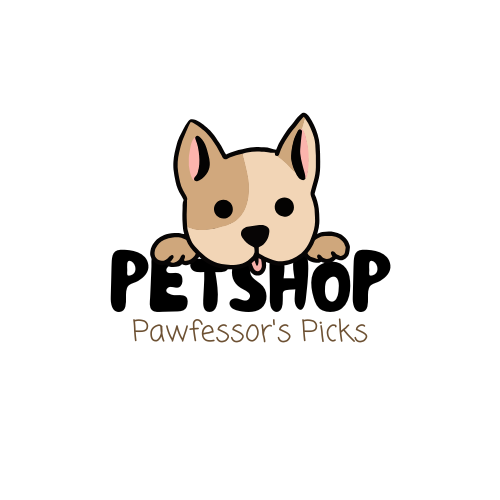What are effective training methods for puppies?
Training puppies effectively is all about creating a positive, consistent, and engaging learning environment. Here are some tried-and-true methods that work wonders for shaping good behavior in young dogs:
Positive Reinforcement: Reward desired behavior with treats, praise, or play to encourage repetition. For example, if your puppy sits on command, immediately reward them to make the action rewarding and memorable.
Avoid punishment. Instead, redirect unwanted behavior to something positive.
Socialization: Introduce your puppy to a variety of people, animals, and environments early on. Positive exposure helps reduce fear and builds confidence.
Arrange supervised playdates with other friendly dogs or take them to pet-friendly places once they've had their vaccinations.
Basic Commands: Start with easy commands like "sit," "stay," "come," and "leave it." Use clear verbal cues and pair them with hand signals for reinforcement. Practice daily in short sessions (5–10 minutes) to hold their attention and keep training enjoyable.
Crate Training: Teach your puppy to see their crate as a safe space. Use it for naps, overnight sleeping, and brief alone time. Gradually extend crate time, ensuring they associate it with comfort, not isolation.
Potty Training: Take your puppy outside frequently, especially after meals, naps, and playtime. Use a consistent command like "go potty" and reward them immediately when they succeed.
Redirect Chewing: Puppies love to chew, especially during teething. Provide appropriate chew toys to redirect this natural behavior away from furniture or shoes. If they start chewing something they shouldn’t, gently replace it with a toy.
Leash Training: Begin by letting your puppy wear a lightweight leash indoors to get them accustomed to it. Gradually practice walking on a leash outdoors, rewarding calm behavior and discouraging pulling.
Patience and Encouragement: Celebrate small victories and remain patient when mistakes happen. Puppies are learning and will make progress with consistent guidance and encouragement.
Short, Fun Sessions: Keep training sessions interactive and playful. Puppies learn best when they're engaged and having fun.
(Paid Ad)
Professional Guidance: If needed, enroll your puppy in a puppy training class or consult a professional trainer for additional support and to refine their skills.
By blending these methods, you'll help your puppy build good habits, strengthen your bond, and set the foundation for a lifetime of happy companionship. Every puppy learns at their own pace, so stay positive and enjoy the journey! 🐾
